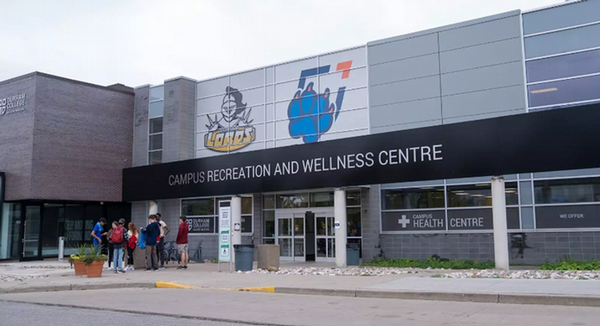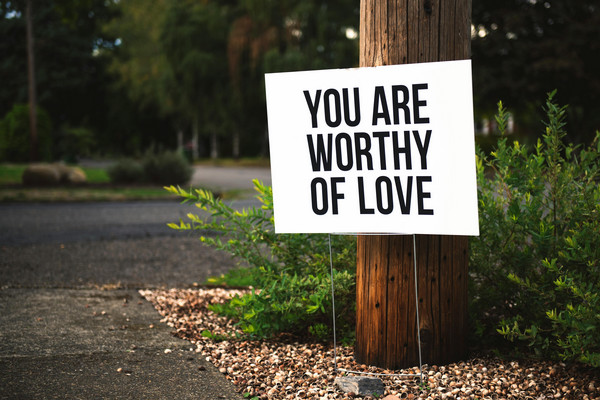The 'maskne' phenomenon
August 17, 2021
The COVID-19 pandemic brought about many sudden changes to our lives such as in-school learning switched to online learning, lockdowns were implemented, many worked from home, and wearing masks became the new norm. Shortly into the pandemic, numerous people started noticing their skin become irritated, which often resulted in breakouts. When this first started happening to me, I remember being very frustrated, however, over time I realized that I was one of many people that this was happening too. Although implemented to help slow down the spread of COVID-19, masks resulted in a novel phenomenon now known as “maskne”.
What is it?
The most common definition of maskne refers to acne resulting from mask wear, however other conditions such as rosacea, contact dermatitis, eczema, and folliculitis can result also [1]. Having any of these pre-existing conditions paired with mask wear can result in severe symptoms from what one may already be experiencing [1].
What causes it?
Since wearing a mask traps humidity as a result of breathing, speaking, or sweating, the pores on the skin are more likely to be clogged, increasing the probability of developing maskne [2]. Pores are already susceptible to being clogged under normal conditions due to dead skin cells and oils on the face, however, mask wear causes an increased build-up of these, exacerbating skin irritation which leads to maskne [2]. Another honourable mention includes irritation from the mask, especially if one is sensitive to the mask material [2].
What can be done to prevent it?
Mask fit
It’s important to make sure the mask you wear is suitable for your face and offers a comfortable fit. I’ve had to go through a few masks to find one that was the perfect fit for my face. A mask suited to your face will not irritate your skin to the same degree as a poorly fitted mask, lowering the likelihood of developing maskne [1].
Mask care
If you’ve opted for a fabric mask like myself, it’s important to wash the mask after each wear (yes, each wear). Washing the mask helps with lowering the risk of maskne as it removes oils and dead skin cells [1]. It’s best to use a fragrance-free, hypoallergenic laundry detergent or soap to avoid irritation [1]. However, the recommendation for disposable masks is to discard the mask after each wear [2].
Mask breaks
The general recommendation is to take a 15-minute mask break every 4 hours to help reduce the risk of maskne [1]. An appropriate opportunity to give myself a break from my mask includes times when I am alone or know I can maintain necessary physical distancing measures.
What can be done to treat it?
Using a cleanser
A cleanser helps in treating maskne by removing the build-up of oils, bacteria, and sweat on the skin which results from mask wear [2]. A gentle-mild, fragrance-free cleanser is best to use [1]. I love using a salicylic acid cleanser when I remove my mask as salicylic acid is an incredible skincare ingredient for acne-prone skin.
Using a moisturizer
Using a moisturizer can lower the risk of developing maskne as it functions to hydrate your skin, decreasing the damage caused by irritation and friction from mask wear [1]. Using a non-comedogenic moisturizer with ceramides is the best option as it is less likely to block your pores, all while providing your skin with well-needed hydration [2].
Using acne treatments
If you are already dealing with pre-existing skin conditions such as eczema or rosacea, continuing with prescribed or recommended treatments by medical professionals is the way to go to treat maskne [1]. You can also choose the over-the-counter route like myself and select products targeted to treat acne which typically includes those that contain salicylic acid, benzoyl peroxide, and niacinamide.
For me, I’ve noticed switching over to a fabric mask and washing it after each wear has helped the most in preventing maskne. When not wearing a mask, I stick to a simple skincare routine to address breakouts without overwhelming my skin with 20+ products. Note, the information in this article is meant to serve an educational purpose only as it is not intended to substitute assistance or recommendations from trusted medical professionals. If you suspect you are struggling with maskne and none of the above tips have made a positive difference in your skin, consider reaching out to a dermatologist or your family doctor for assistance.
References
[1] https://www.medicalnewstoday.com/articles/maskne#prevention






